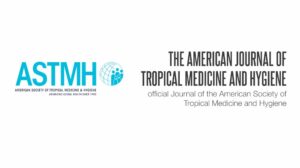 Abstract
Abstract
In response to the COVID-19 pandemic, clinical research groups across the world developed trial protocols to evaluate the safety and efficacy of treatments for COVID-19. Despite this initial enthusiasm, only a small portion of these protocols were implemented. Of those implemented, a fraction successfully recruited their target sample size to analyze and disseminate findings. More than a year and a half into the COVID-19 pandemic, only a few clinical trials evaluating treatments for COVID-19 have generated new evidence. Productive randomized platform clinical trials evaluating COVID-19 treatments may attribute their success to intentional investments in developing resilient clinical trial infrastructures. Health system resiliency discourse provides a conceptual framework for characterizing attributes for withstanding shocks. This framework may also be useful for contextualizing the attributes of productive clinical trials evaluating COVID-19 therapies. We characterize the successful attributes and lessons learned in developing the TOGETHER Trial infrastructure using a health system resiliency framework. This framework may be considered by clinical trialists aiming to build resilient trial infrastructures capable of responding rapidly and efficiently to global health threats.



